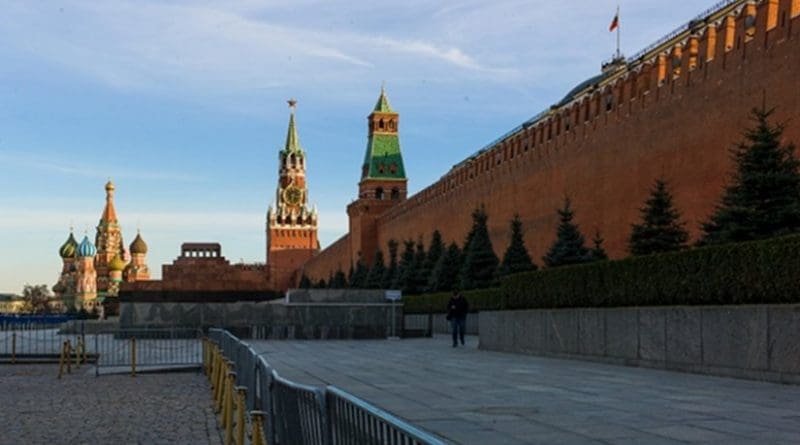Kremlin Moves Against One Of Russia’s Best Regional Papers – OpEd
By Paul Goble
In many countries, the very best journalism is to be found not in the capitals or the largest cities but in smaller cities and towns. William Allen White’s “Emporia Gazette” is the archetype of such excellence. But in hyper-centralized Russia, such outstanding outlets in the regions are far less common.
That not only makes the emergence of any kind of civil society there more difficult, but it is especially unfortunate now given that, far more than in White’s day almost a century ago, the Internet means that outstanding journalism at the local level can rapidly be shared with the world even if it first appeared in the newspaper of a small city or town.
And it also means that any attacks on such outlets by the Russian state intended to intimidate or even close them down should receive at least as much condemnation as attacks on media outlets in the capitals. Unfortunately, up to now, that has seldom been the case either within Russian or internationally.
But the latest example of Kremlin overreach may be the occasion to change that. On Friday, the Pskov office of the Russian justice ministry declared “Svobodnoye slovo,” the organization which publishes the remarkable independent newspaper “Pskovskaya gubernia” to be “a foreign agent” (gubernia.pskovregion.org/news/minyust-prinyal-reshenie-priznat-izdatelya-pskovskoy-gubernii-inostrannym-agent/).
The regional office took that step, it announced, not only because “the organization receives money and other property” from “foreign sources” but also because the content of the newspaper shows that it is involved in “political activity” that Russian law prohibits. Among the offending articles almost certainly were those by Lev Shlozberg.
The decision was not unexpected: the newspaper had received a warning from the Russian government’s media supervision office early in June. At that time, Roskomnadzor complained that “Pskovskaya gubernia” had referred to the Right Sector “without noting that this organization is considered extremist and has been banned by a court” (kasparov.ru/material.php?id=5759AC6C5322F).

